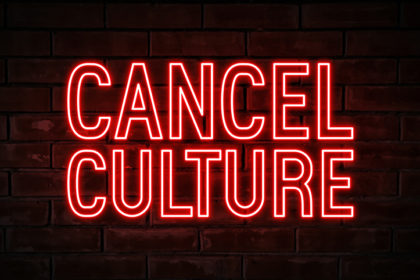Adulting is hard. I’ve written that sentence at least 60 times in the last year, but it’s true. No question about it. Once you turn 18, life seems to get more complicated. Bills, rent, school, moving out, the whole process of going from living under your parents’ roof and being on your own is challenging. Tack on top of that, you now need to start figuring out what you want to do with your life.
Most of us go into college with an idea of what we want to study, and then a semester or two later, we change our minds. I went to school to become a civil engineer, and I left with a degree in English Literature. And somewhere in all of that confusion and finding ourselves, we are expected to know the proper steps to take. I’m 24, and I still don’t know what I want to do when I grow up.
Don’t get me wrong, it’s okay not to have your life planned out to the T, but it doesn’t hurt to have some direction.
Having direction
Having direction can make what feels like aimless wandering feel more guided. And once you have that sense of direction, the best thing you can do for yourself is find someone who has been there and done what you are trying to do. Why try to figure out a career path by yourself when countless people have done it before you? Finding a mentor or someone you can go to with questions about what next steps you should take in your professional, personal, or academic life makes decision-making so much easier.
My experience with a mentor
I had a mentor in the second half of college. I was seriously considering getting a Masters in English Literature with a focus on 20th Century American Literature. I found a professor who specialized in that focus and understood the requirements for me to get into the program, and for about a year and a half, we helped me put together a writing portfolio. Having someone, at the time, which I could go to with even the dumbest of questions alleviated the stress of the unknown.
I think of a mentor, kind of like a sibling who is way older than you. They’ve gone through the things you are about to go through, and they are there to help you through it if you ask the right questions. You get what you put into a mentor. It’s not just a free ride to the top or a free pass to whatever goal you are trying to achieve. You still need to bust your butt. Do you know how nice it was to have a sounding board to bounce ideas off of back then? I was only 20.
What’s the point?
What do I know about getting into a Master’s program? Even now, I am still learning what it means to be content and a copywriter. Having a person to go to for advice and asking them what skills I should be working on now so that my writing improves will be critical to my future success.
A mentor will provide you with knowledge, help you improve, broaden your network, encourage you, advise you all from their own experiences. We aren’t expected to know everything, but that doesn’t mean we will get a free pass at making dumb mistakes as a generation. Having that mentor figure will help you not make those dumb mistakes.
Types of mentors
Finding the right mentor is like finding the right therapist; not everyone can help you the way you need it. Maybe you need someone to bounce ideas off of to work out a problem. Perhaps you need someone who will coach you in the skill you need, or maybe you need someone who will lead you in the right direction of whatever path you decide to take in life.
I needed answers about getting into an English Lit Master’s program, so I found a professor in that department and went through the program. Maybe you want to get into law school and aren’t sure where to start. Your best bet is to ask someone who went to law school. It can feel weird putting yourself out there, but there are plenty of programs out there that try to link mentors and mentees together.
Everyday Owl’s coaching program
Funny enough, Everyday Owl has one of those mentor programs. You can read more details about it here. But to sum it up, we are trying to pair mentors with goal-oriented and driven adults who might need some help figuring out the first step. I can try and sell you on it now, but I’m currently in the process of starting with my mentor. So I’ll probably talk more about our program as I go through it myself.
To sum it up
Adulting is hard. But having a mentor means having someone to go to for advice and support when things get rough. They are there to celebrate your wins, too, no matter how big or small they might be. So it pays to have a mentor in your life in some form or fashion.
If you want to read more on creating goals and seeing them, though, check out How to Accomplish a Goal in Eight Steps
And if you like the content we put out on the Everyday Owl and want to show support, you can donate to us here.





[…] Mentors can come in all shapes and sizes: […]